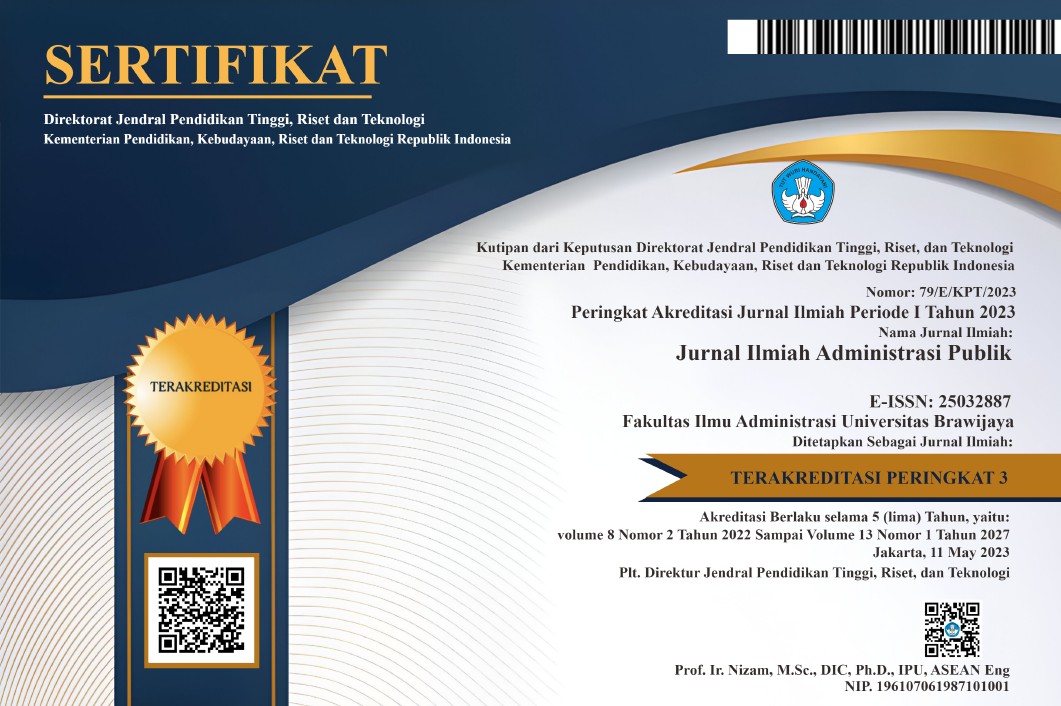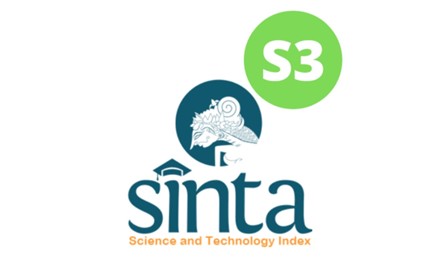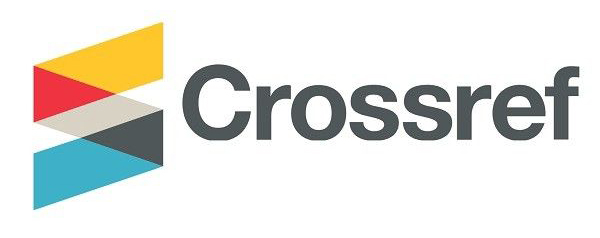Governmental Factors for Household Energy Savings: Adding The Theory of Planned Behavior
DOI:
https://doi.org/10.21776/ub.jiap.2017.003.02.7Keywords:
Governmental factors, household, energy savings, adding the theory of planned behaviour, IndonesiaAbstract
This study aims to investigate the relationship between household energy savings behaviors and governmental factors by implementing the theory of planned behavior (TPB). This cross-sectional study used a unique dataset compiled by Statistics Indonesia: Village Potential Statistics (VPS) Year 2011 and Environmental Care Behaviour Survey (ECBS) Year 2013. Variables connected to HES were decided by applying a logistic regression model with multivariable. Manual backward stepwise regression was performed. In the model, all variables of the planned behavior theory and its addition were significantly correlated with HES besides Intention (Very sincere: OR = 1.08, 95% CI: 0.99, 1.16). After examining the extension of five government-based variables, results of this study showed that intention, perceived behavioral control, attitude, and subjective norm might become the explanation of household energy savingsReferences
Batih, H., & Sorapipatana, C. 2016. Characteristics of urban households' electrical energy consumption in Indonesia and its saving potentials. Renewable and Sustainable Energy Reviews, 57, 1160-1173.
Chen, M. F. 2016. Extending the theory of planned behavior model to explain people's energy savings and carbon reduction behavioral intentions to mitigate climate change in Taiwan–moral obligation matters. Journal of Cleaner Production, 112, 1746-1753.
Donald, I. J., Cooper, S. R., & Conchie, S. M. 2014. An extended theory of planned behaviour model of the psychological factors affecting commuters' transport mode use. Journal of environmental psychology, 40, 39-48.
Fang, G., Tian, L., Fu, M., & Sun, M. 2014. Government control or low carbon lifestyle?– Analysis and application of a novel selective- constrained energy-saving and emission-reduction dynamic evolution system. Energy Policy, 68, 498-507.
Kumar, S. 2016. Assessment of renewables for energy security and carbon mitigation in Southeast Asia: The case of Indonesia and Thailand. Applied Energy, 163, 63-70.
Mongkolnchaiarunya, J. 2005. Promoting a community- based solid-waste management initiative in local government: Yala municipality, Thailand. Habitat International, 29(1), 27-40.
Outlook energi indonesia 2016. Pengembangan energi untuk mendukung industri hijau. Pusat Teknologi Sumberdaya Energi dan Industri Kimia BPPT, 08 hlm.
Sung, B., & Song, W. Y. 2014. How government policies affect the export dynamics of renewable energy technologies: A sub sectoral analysis. Energy, 69, 843-859.
Tan, C. S., Ooi, H. Y., & Goh, Y. N. 2017. A moral extension of the theory of planned behavior to predict consumers’ purchase intention for energy- efficient household appliances in Malaysia. Energy Policy, 107, 459-471.
Tharakan, P. 2015. Summary of Indonesia's Energy Sector Assessment.
Downloads
Published
Issue
Section
License
If your paper is accepted, the author identified as the formal corresponding author for the paper will receive an email prompting them to login into Author Services; where via the JIAP Author Licensing Service they will be able to complete the license agreement on behalf of all authors on the paper.














